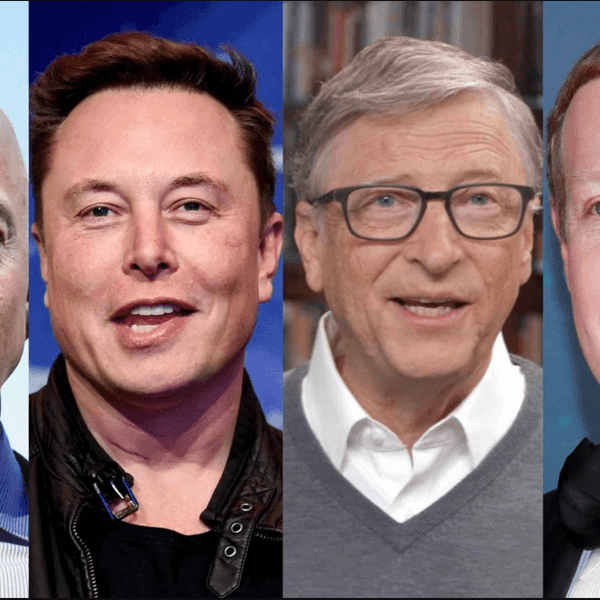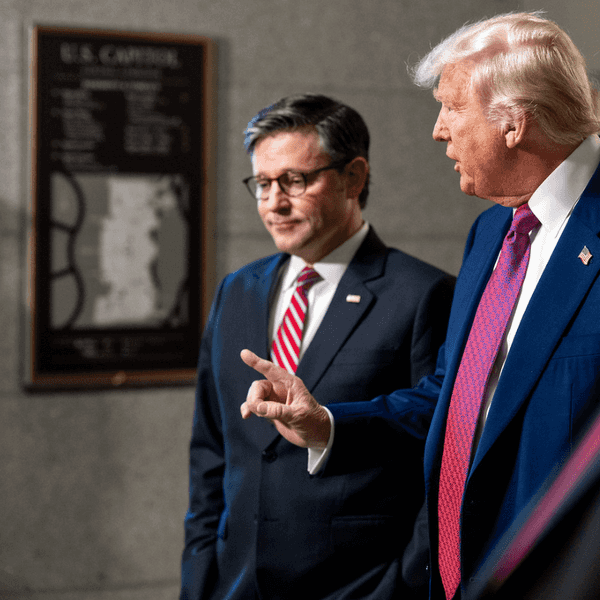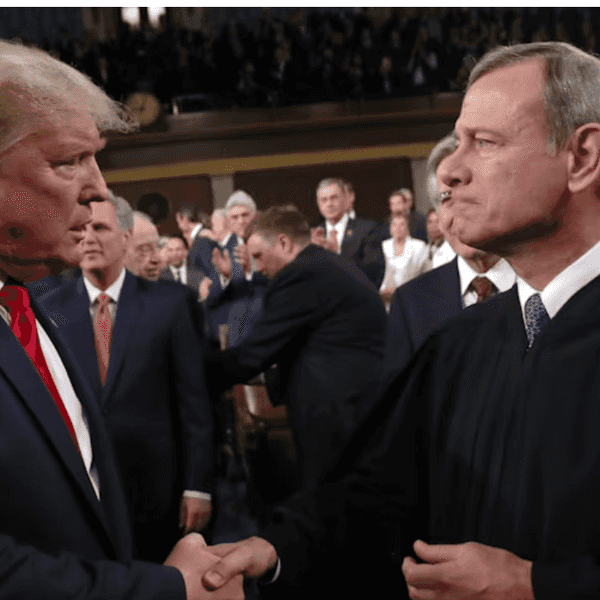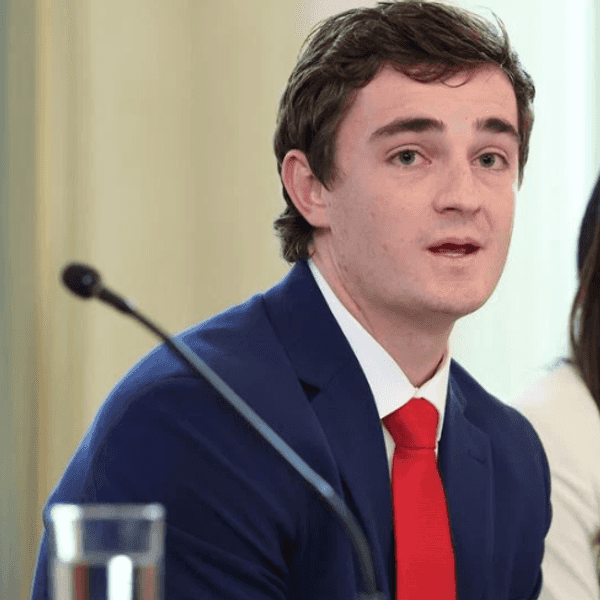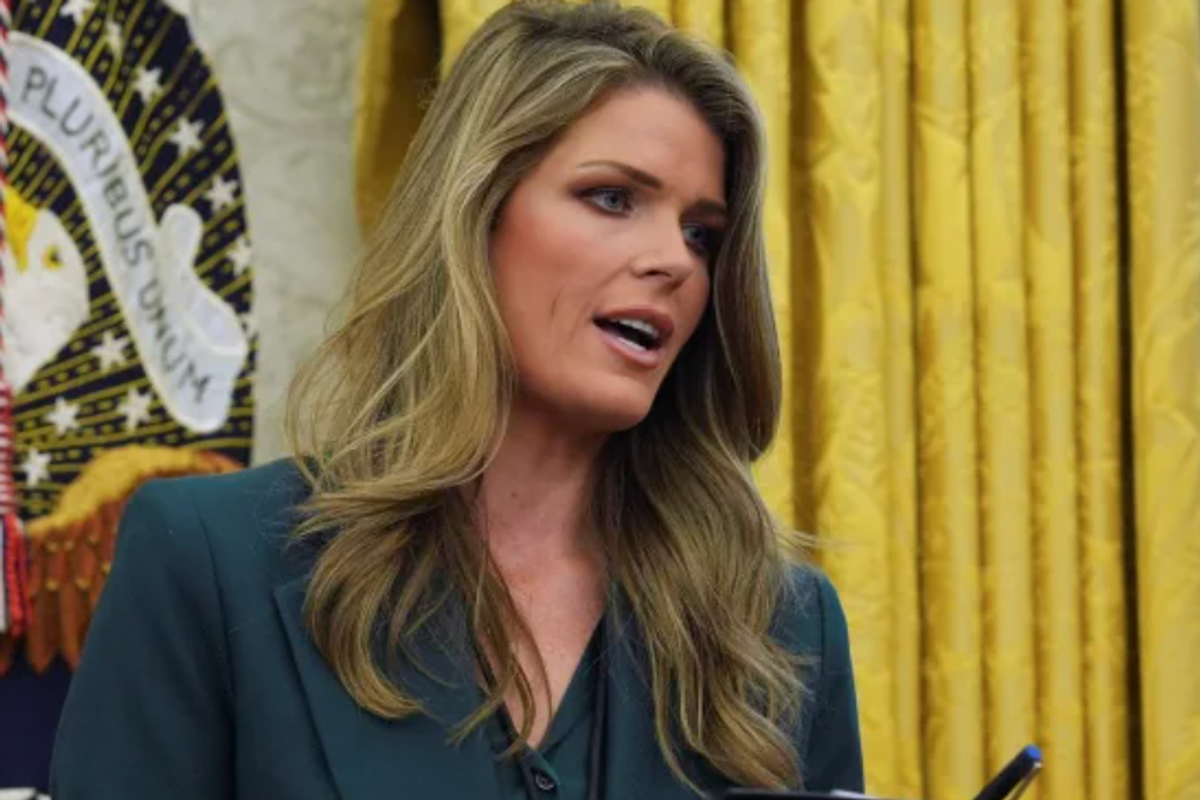
Lindsey Halligan, acting US Attorney for the Eastern District of Virginia
The indictment of former FBI director James Comey is momentous, and in the worst possible way: it stands alone as a corruption and derogation of the rule of law unlike anything Trump, Bondi, Bove, or Blanche have perpetrated so far. I have been shouting from the rooftops that prosecuting a defendant without sufficient evidence, at the insistence of a President acting for reprisal and revenge, is the ultimate abomination. The combination of lacking bona fide proof and political reprisal from the top is virtually unprecedented, even compared to the worst corruptions of the DOJ under Nixon. In my view, this is the single most shameful act in the Department of Justice’s history.
It may or may not be that the Comey atrocity co-exists with a number of legitimate prosecutions. But week by week, we see reports that Bondi—serving Trump and indifferent to career DOJ professionals—is hollowing out the Department. Indeed, some sources suggest mass defections may be in the offing in the Eastern District of Virginia if the Comey case proceeds.
But given the gravity of the betrayal of everything the Department stands for, those other prosecutions don’t change the core problem. It may be that divorces or auto accidents are handled fairly in courts in Russia, Hungary, or Turkey. But if an enemy of the president can be charged with a federal crime the Department knows it can’t prove, then the Department is rotten to the core.
And of course, Trump has promised that Comey will not be the last target of his vengeance—not because of any crime (he doesn’t closely track who did what)—but because people worked on impeachments or prosecutions of him. And while reemphasizing those prosecutions doesn’t excuse wrongdoing here, it should be noted that those impeachments and prosecutions were entirely valid and, in many views, righteous responses to historic legal violations.
We must now hope the case becomes a total humiliation for the Department and for Trump—both as a forceful rebuke of this conduct and as a deterrent against similar injustices against others on Trump’s long enemy list.
I am going to adjust my Substack schedule this week because of the Comey indictment. Normally, I publish one or two in-depth pieces weekly. But this week I’m all in: I’ll publish five shorter Comey-focused pieces on Substack:
- Monday: The 10 fundamental legal flaws with the Comey prosecution
- Tuesday: The case’s vulnerability to dismissal before trial
- Wednesday: Might Halligan face professional sanctions?
- Thursday: Might Halligan, Bondi, or even Trump be called to testify?
- Friday: Did Trump commit a High Crime or Misdemeanor?
Together, these will (I hope) clarify the pressure points and weak spots in this most dishonorable prosecution. I invite you to follow along and absorb legal and practical lessons that may well determine the fate not only of Jim Comey but of the American justice system. If you enjoy the content, please consider becoming a paid subscriber—it’s our sole support: no ads, no investors, no legacy media—just you. Thanks for considering.
The 10 Glaring Flaws with the Comey Indictment
- Materiality. The primary charge is that Comey “did willfully and knowingly make a materially false, fictitious, and fraudulent statement” before Congress. Materiality is a required element, and the government must prove it beyond a reasonable doubt.
In the indictment PDF (which is publicly available), the government offers no clear theory explaining how the Senate’s investigation would be influenced by whether Comey truthfully stated he had authorized a leak. Should a judge determine that no reasonable juror could find materiality, the case cannot stand—even if a jury later finds otherwise, a court can set aside a verdict if it is unreasonable.
- Falsity. The charging document attributes to Comey a “false statement” that he hadn’t authorized a leak. That phrasing doesn’t match exactly what he said in 2020—he said, “I stand by the testimony you summarized that I gave in May of 2017.” That statement, on its face, is not false, and legal precedent holds that you cannot prosecute a statement that is literally true, especially when posed with ambiguity.
- Vagueness of the Question. A reasonable witness could reasonably not discern what the questioner meant, which is problematic under the Due Process Clause in criminal prosecutions.
Among the confusing elements of Senator Cruz’s questioning: it seems he intended to contrast Comey’s statements with McCabe’s, yet reports suggest the government might instead base its theory on a leak by Daniel Richman. That shift creates a disconnect between the question posed and the theory of falsity being advanced.
- Richman’s Status. The indictment’s theory may rely on Richman acting “at the FBI.” But Richman’s role as an unpaid Special Government Employee reportedly expired in 2016, and no public record has confirmed a new appointment for 2017. This raises a serious issue about whether he legally qualified for that description at the relevant time.
- Very Weak Evidence. One indictment count was rejected by the grand jury outright. The remaining two passed by a 14–9 vote among 23 jurors, which is a bare majority. That slim margin is far from strong evidence that 12 jurors would conclude guilt beyond a reasonable doubt.
- Halligan Appointment Legality. After the interim appointee’s 120 days expired, the local federal court should have made the selection (per prior precedent). Under the Federal Vacancies Reform Act (FVRA), the Acting U.S. Attorney must qualify under strict criteria (e.g. having served 90 days in the agency). Halligan does not appear to meet these requirements; legal commentators argue this raises serious doubt about the legality of her appointment.
- Prosecutors’ Memo. Reportedly, career DOJ prosecutors in EDVA prepared a memo arguing against bringing charges—citing weak evidence. If that internal memo becomes public, it could severely undercut Halligan’s justification, bolster motions to dismiss, and lead to possible sanctions.
- Halligan in the Grand Jury. It is reported that Halligan personally presented the case to the grand jury—despite minimal DOJ experience. If true, that is highly unusual and raises risks. The transcript of her presentation could contain procedural errors or prejudicial statements that defense counsel will exploit.
- Staffing. Press accounts suggest that many EDVA AUSAs declined to work on the case. If true, the Department may need to bring in outsiders, which in a district with a “rocket docket” advantages local familiarity. If Halligan and DOJ cannot recruit credible prosecutors by arraignment (Oct. 9), it will mark a severe internal crisis.
- Trump’s Role. The most conspicuous feature of this case is Trump’s demand for prosecution. He replaced a U.S. Attorney who refused to pursue meritless prosecutions, installed Halligan soon thereafter, and told aides to indict long before a coherent theory emerged. Trump’s personal vendetta looms over the entire case.
And while the indictment would be equally vicious and improper in any event, it remains essential to remind the public that past prosecutions and impeachments of Trump were legitimate. Framing those as reasons to pursue “reprisal” prosecutions is factually and legally incoherent.
Trump’s unapologetic use of DOJ as his personal tool is the 800-pound gorilla in the room. Everyone sees it. His recent claim that revenge played no role only invites further suspicion. In particular, Trump’s reprehensible autocratic conduct will ground a selective prosecution motion that is near certain to come. That motion rarely ever succeeds, but it is on the strongest footing I ever have seen in this case. I’ll be writing about it more in subsequent days.
Taken together, these ten fatal flaws make it highly likely that the Comey prosecution will be disastrous. A few caveats: many of the tripwires depend on court intervention. All are legally proper. But a humiliating defeat would also fuel MAGA talking points about judicial activism, which could blunt some outrage. Second, a collapse of the case could be catastrophic for Halligan’s career—and further expose the malpractice of Bondi and Trump’s DOJ team.
More to come this week as I dive deeper into the most raw authoritarian prosecution in DOJ history.
Reprinted with permission from Harry Litman.





